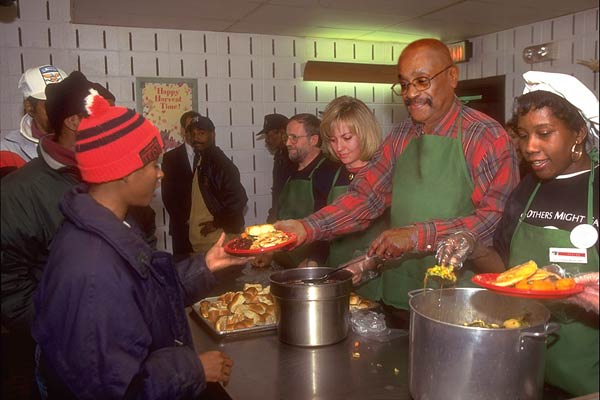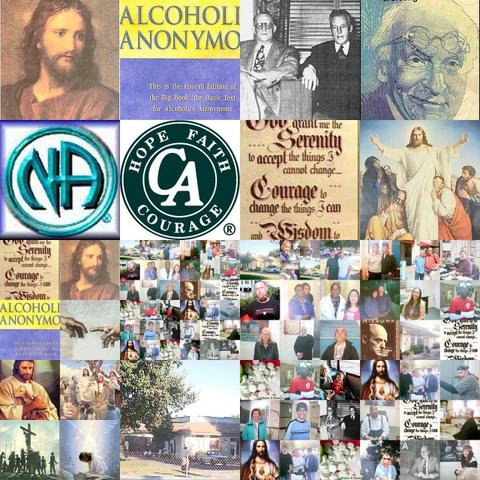 Strange the things that strike you when you read a passage of Scripture. When I looked at today's reading - Luke's version of the calling of Peter, James, and John - two things jumped out at me. The first was Simon Peter's reaction to the miraculous catch of fish. "But when Simon Peter saw it, he fell down at Jesus' knees, saying, 'Go away from me, Lord, for I am a sinful man!' " It' s the same sort of reaction Isaiah has when he encounters God's presence in the Temple (Isaiah 6:5). And it is the standard, biblical response to encountering divine presence. It speaks of awe, wonder, and the common Old Testament phrase, "the fear of the LORD."
Strange the things that strike you when you read a passage of Scripture. When I looked at today's reading - Luke's version of the calling of Peter, James, and John - two things jumped out at me. The first was Simon Peter's reaction to the miraculous catch of fish. "But when Simon Peter saw it, he fell down at Jesus' knees, saying, 'Go away from me, Lord, for I am a sinful man!' " It' s the same sort of reaction Isaiah has when he encounters God's presence in the Temple (Isaiah 6:5). And it is the standard, biblical response to encountering divine presence. It speaks of awe, wonder, and the common Old Testament phrase, "the fear of the LORD."I don't hear much about awe in current Christian experience, and I hear much less about "the fear of the LORD." I wonder why this is, especially if "The fear of the LORD is the beginning of knowledge." (Proverbs 1:7)
The second thing that jumped out at me in today's Luke reading was the ending. On what had to have been the most incredible success of their fishing careers, Peter, James, and John hung up their nets. I really don't know why this contrast struck me so, but it did. Many of us long for success more than just about anything. These fishermen have a catch for the record books. Surely they would be inducted into the Sea of Galilee Fishing Hall of Fame. But they walk away from it all. I assume that someone else collects and sells the fish.
It makes me wonder a bit about the things that I count as successes in my life.
Click here to learn more about the Daily Lectionary.



















